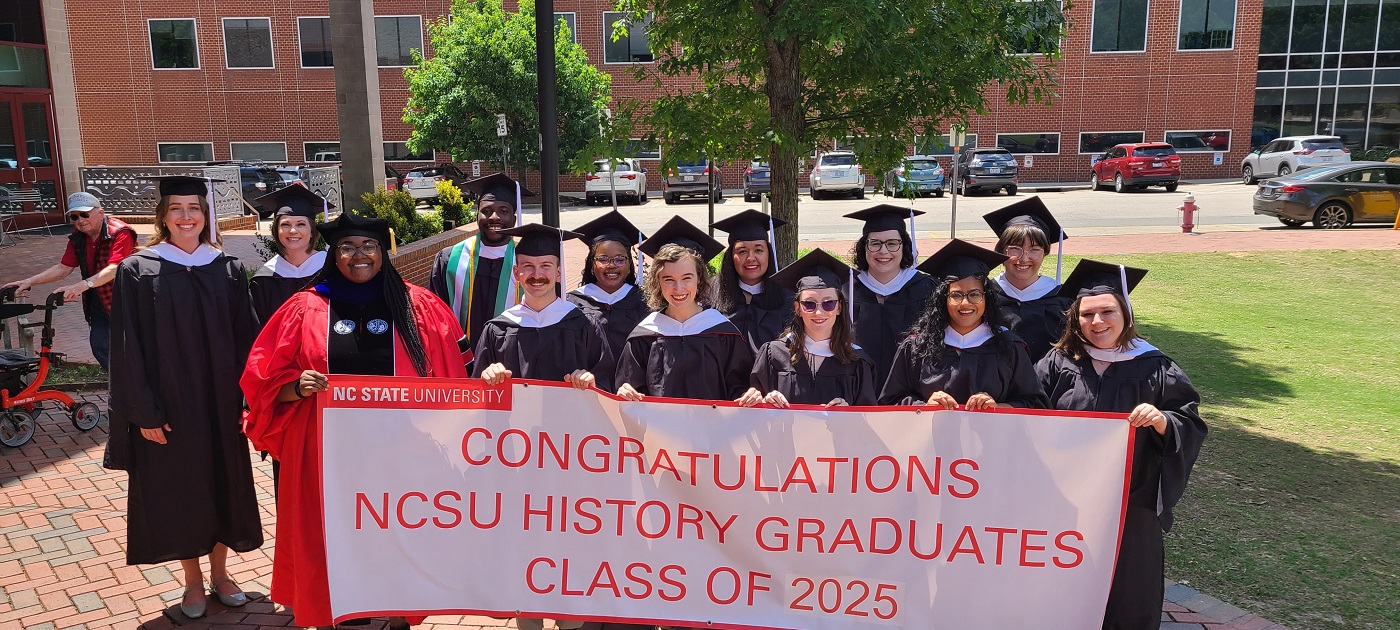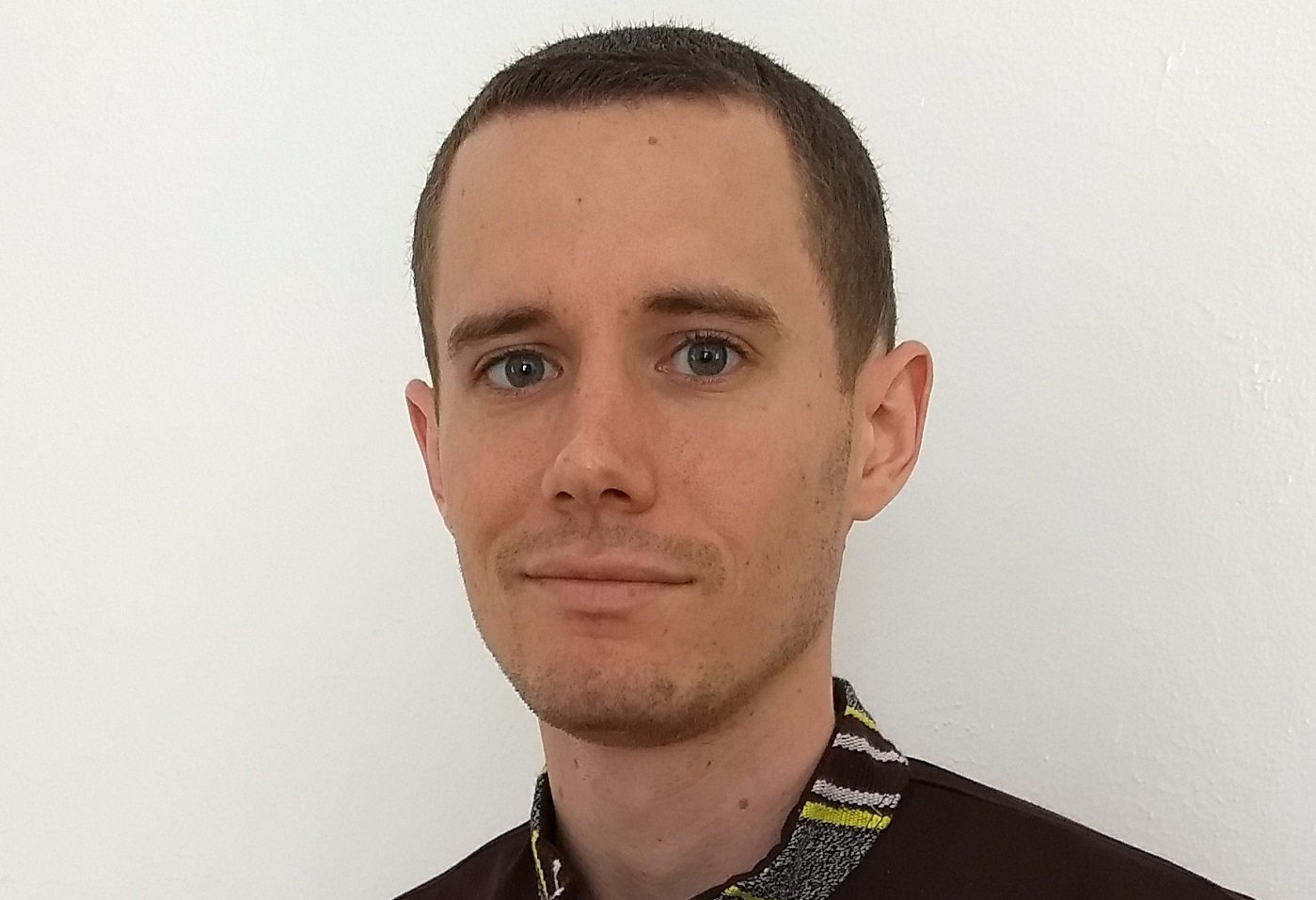Diving into Community-Driven Public History Work

“Sometimes things work out.” That’s what many of us hear throughout our lives, especially when we enter a challenging time in our lives or encounter a seemingly impossible obstacle. As historians and other humanities professionals know well, the job market is a tough nut to crack. There is no doubt about that; the employment application process can be a frustrating and disheartening experience.
After numerous applications, a good number of interviews, and an equal number of rejections, sometimes you question your experience and knowledge. Perhaps the question pops into your mind, “Was it all worth it?”
I needed friends to remind me that things happen for a reason and that those second-round interviews did not work out for a certain reason. And you know what? They were absolutely right.

And they were right because, a few months after graduating with my degree, I was hired to lead a project that incorporates everything I am passionate about in public history, digital humanities, and archaeology. Equally significant is that I was able to stay in the Triangle, an area that I have come to love. My current role as the Project Coordinator for “Rocky Mount Mills: From Adaptive Reuse to Public Engagement” at UNC’s Community Histories Workshop (CHW) involves community outreach, website development, community archiving, and a constant assessment of the economic and social impacts of adaptive reuse and property redevelopment.
My job requires me to work with community members, other university entities, and other heritage/history/cultural resource institutions to tell the story of the people who used to work and live at the longest-operated mill in North Carolina – Rocky Mount Mills. In collaboration with the Southern Historical Collection, the project will research the slaves who were once at the mill and will plan a slave genealogy workshop that community members can attend for their own genealogical purposes. Working with Carolina K-12, the team will help produce learning units on community archiving methods that eighth grade social studies teachers can utilize and implement in their classrooms to supplement their curriculum. Another aspect of the project is its utilization and optimization of UNC’s WordPress plugin called Prospect, which is an archiving, collections management, and information visualization tool. As the Project Coordinator, I serve as the bridge between the computer scientists and the Rocky Mount community, ensuring Prospect is accessible as possible to its intended audience.

What was obvious during the first weeks of my job is the importance of investing time in getting to know community members at the start and having a transparent and reciprocal relationship. That involves going where they gather, chatting with them, being open to their suggestions and criticisms – listening to them. Without them, the project would not exist and without their support, the project will not be successful.
All the lessons I learned in my classes at NCSU and my other various experiences have informed everything I have done for my job so far and will continue to do so. From the distinction between history and memory to functionality versus design of data visualizations, from state historic tax credits to participatory and democratized history, these topics are all pertinent to what I do on a daily basis and I am very grateful that my classes covered them. They allow me to do my job and I feel prepared despite this being the first large-scale project that I am managing.
Nicole Coscolluela graduated from the Public History MA program in May 2017.
Archival images of Rocky Mount Mills were provided by the Southern Historical Collection of UNC.
- Categories:


